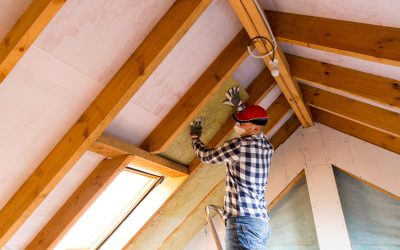There are many different options in countertops for homeowners in St. Paul, MN, to consider. While visual appeal and cost are two critical factors, one issue that can easily be overlooked is the durability and maintenance required.
To help to understand the durability of different counter options, as well as general maintenance requirements, let’s take a closer look at three of the most common options.
Tile
Tile is always a favorite option in counters for both the kitchen and the bathroom. There is an endless choice of colors, patterns and designs and sizes of tile that make it easy to decorate with to match any themes and décor.
However, tile is not a low maintenance countertop material. The grout will require cleaning and sealing and tiles can easily chip and crack from exposure to heat or damage from dropped objects.
Concrete
Concrete is more durable than tile, but it too has special maintenance and durability issues to consider. Concrete has to be sealed and failing to maintain the sealant will result in stains, etching and possibly surface scratches. If not installed and cured properly, these counters can develop hairline cracks that are not structural, but they can be noticed.
Concrete countertops, as can be expected, will last a long time. It is possible to chip and crack the exterior edges of the counter, but repairs can be made as required for most surface damage.
Natural Stone
Natural stone, like the concrete counters, are a very durable counter that will last a lifetime. Unlike concrete, there is much less risk of chips, and no risk of cracks as countertops are cut specifically for your St. Paul, MN, home before installation.
Natural stone counters will also need to be sealed, but sealant can last for several years. It is not uncommon for granite, marble and quartz counters to last for the lifetime of the home.


